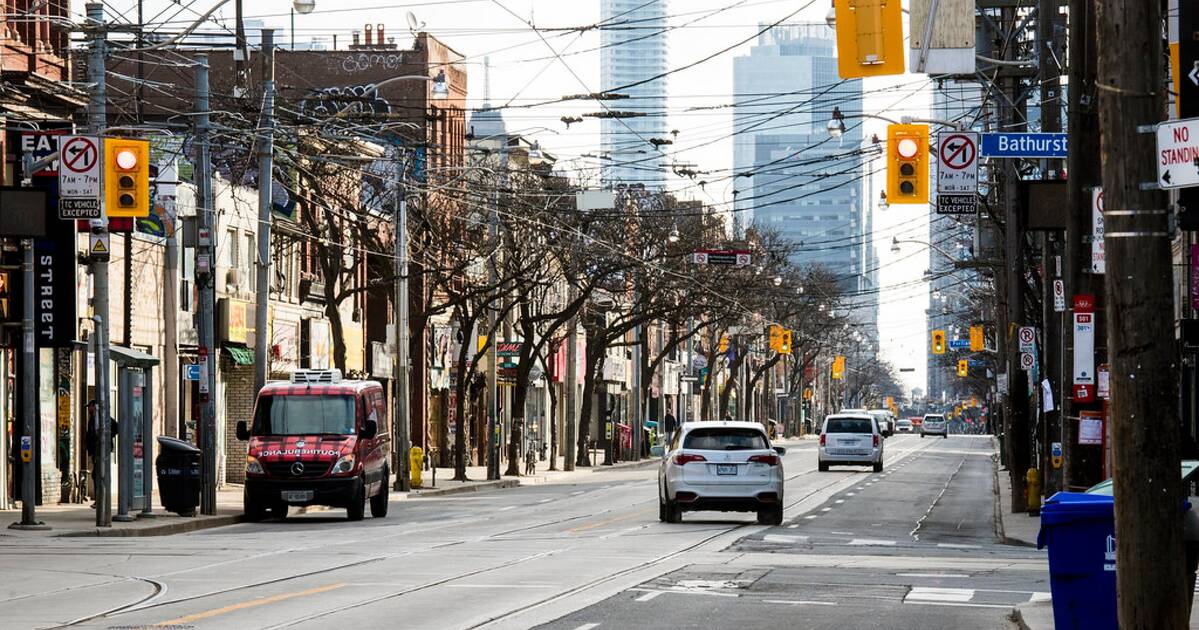
After endless calls for race-based public health information in Ontario went unanswered, Toronto Public Health has committed to collecting said disaggregated race-based data in order to better understand how this virus impacts different groups of people.
City councillor and chair of the Toronto Board of Health, Joe Cressy, posted a letter on Twitter this morning addressed to Toronto Board of Health members explaining the importance of this data.
"We know that the biggest indicator of one's health status is their postal code — not because of where we live, but because of what it can say about who we are. This makes it clear just how important it is that we have access to comprehensive data," he wrote.
Public health data is one of the most important tools we have to combat COVID-19. We should be collecting as much information about COVID-19 as possible, including disaggregated race-based data, so we can better understand how this virus impacts different groups of people. pic.twitter.com/EGUHXzlDm8
— Joe Cressy (@joe_cressy) April 22, 2020
The letter goes on to explain that provincial officials have indicated that their infectious disease data systems are not set up to collect information based on race or ethnicity, and Cressy says he'll continue to advocate for the province to find a way to change this.
In the meantime, TPH will work to improve their own data collection to allow for the gathering of race-based and socio-demographic data.
Cressy says TPH recently began conducting a preliminary ecological analysis linking home addresses of coronavirus patients to area-based estimates of socioeconomic characteristics in order to determine whether there are disparities in COVID-19 cases and hospitalizations between different socio-demographics within Toronto.
He says TPH was not able to identify any trends based on the preliminary analysis, and they will continue to conduct additional data analysis in order to try and identify any trends of concern.
Racialized communities make up 51% of the population of Toronto and we are nearing 30% of the provincial population. The fact that the collection of race-based data across all sectors is still not a priority is a decision to be politically committed to structural inequality. https://t.co/uwHhv1EH2k
— Notisha Massaquoi (@NotishaMassaqu1) April 16, 2020
TPH will also be exploring the ability to enhance the data fields in Toronto's new Coronavirus Rapid Entry System (CORES) to allow for the collection of race-based data.
Cressy says TPH is also looking into partnerships with organizations — such as the Toronto Centre Local Health Integration Network (LHIN) and the Institute for Clinical Evaluative Sciences (IC/ES) — that may have better access to socio-demographic information or more sophisticated ways of conducting these analyses.
"In other countries, we see this pandemic has disproportionate impacts on racialized and ethnic groups, including African-Americans in the U.S. Access to comprehensive ethno-racial data in Ontario is crucial for understand COVID-19 and its connection to systemic inequities," Cressy wrote on Twitter Wednesday morning.
"We know groups like the elderly and people experiencing homelessness are more vulnerable to COVID-19. It's crucial that we know if other groups are also at higher risk. I will continue to advocate for comprehensive data, including the collection of disaggregated race-based data."
by Mira Miller via blogTO

Everybody is busy with COVID-19 and everybody seems to forget that we have other problems. For example, I suffer from erectile dysfunction and I need to read this content to overcome it. I mean, there are some remedies which can help and I need them urgently.
ReplyDelete